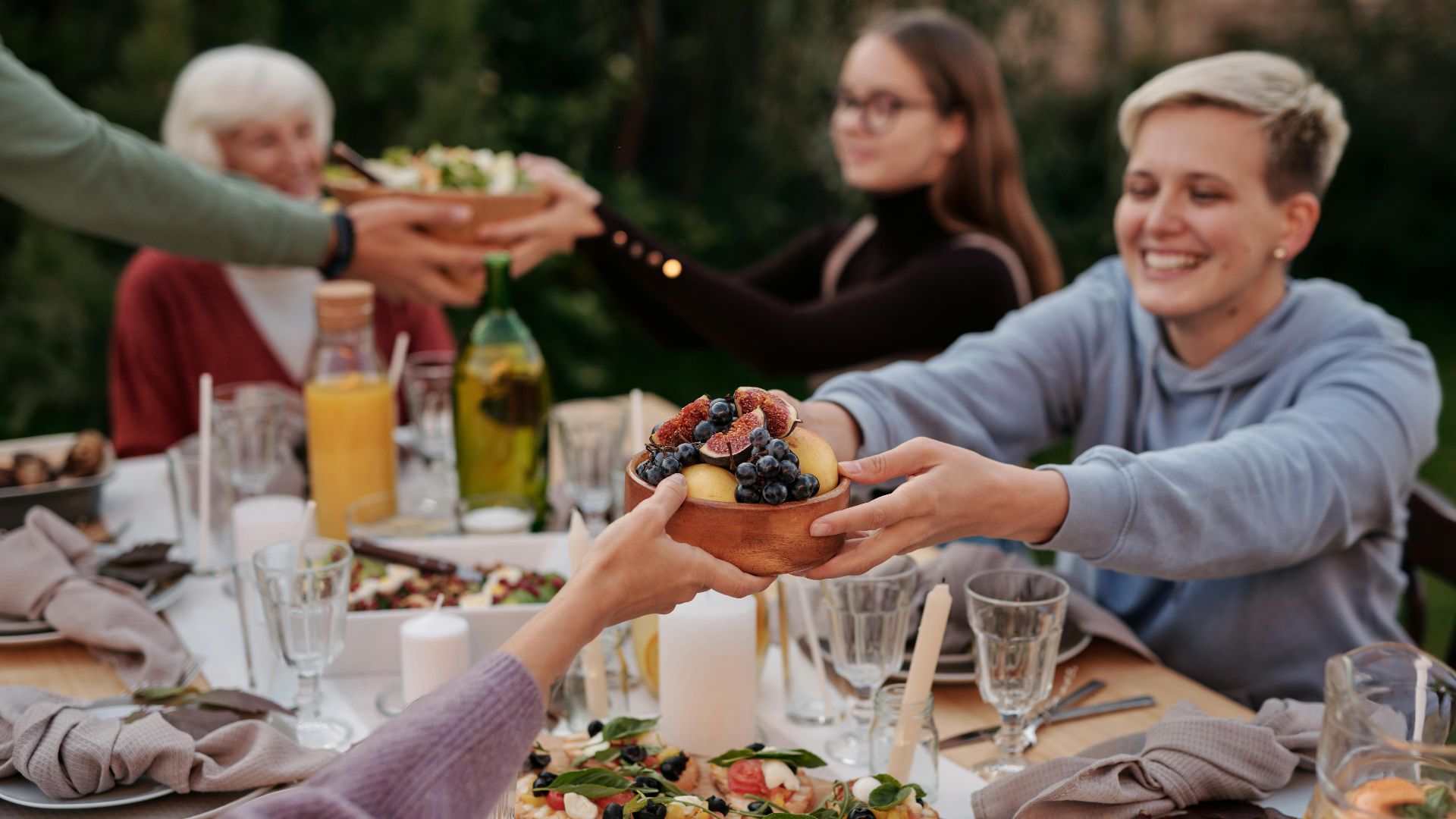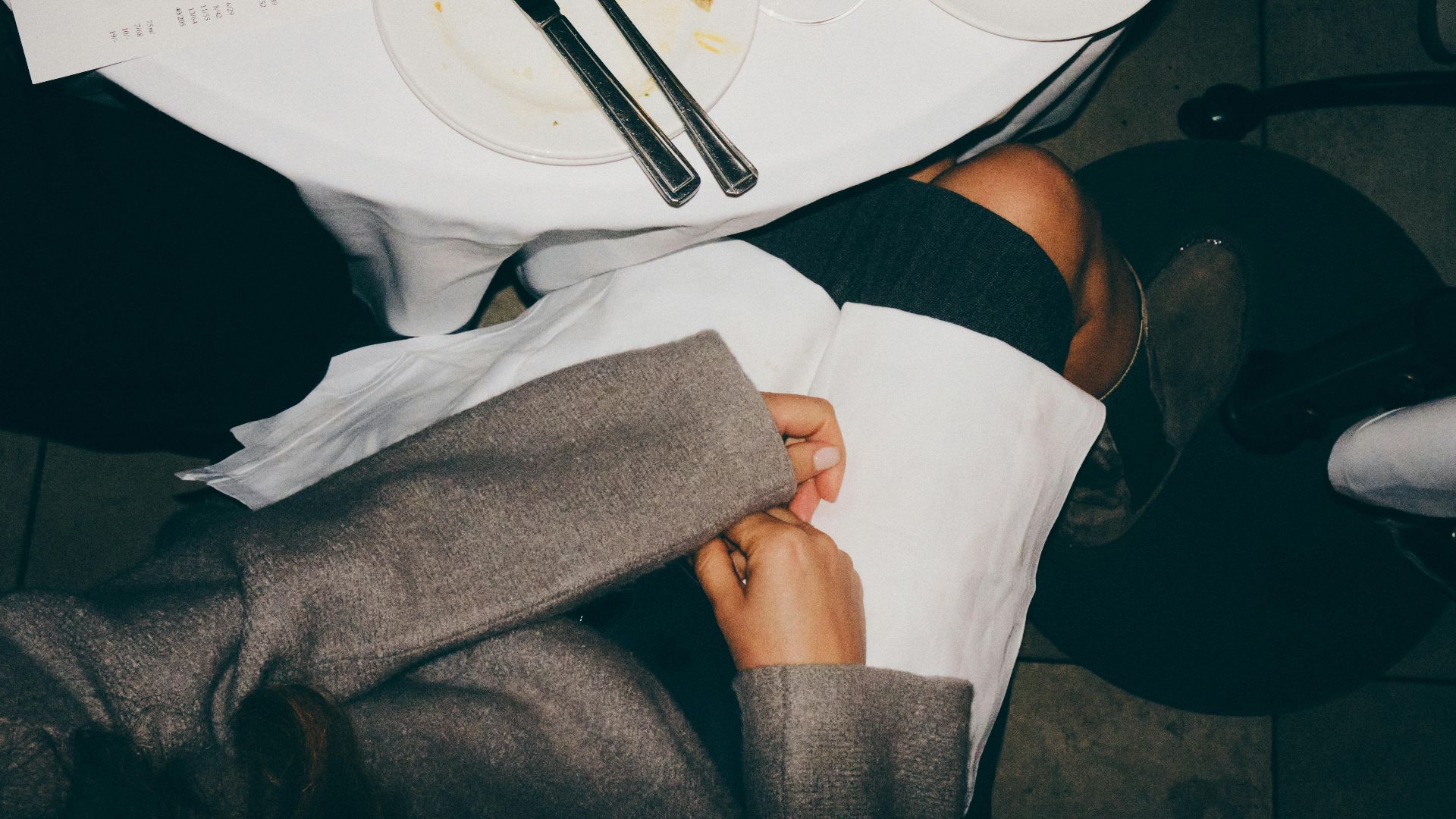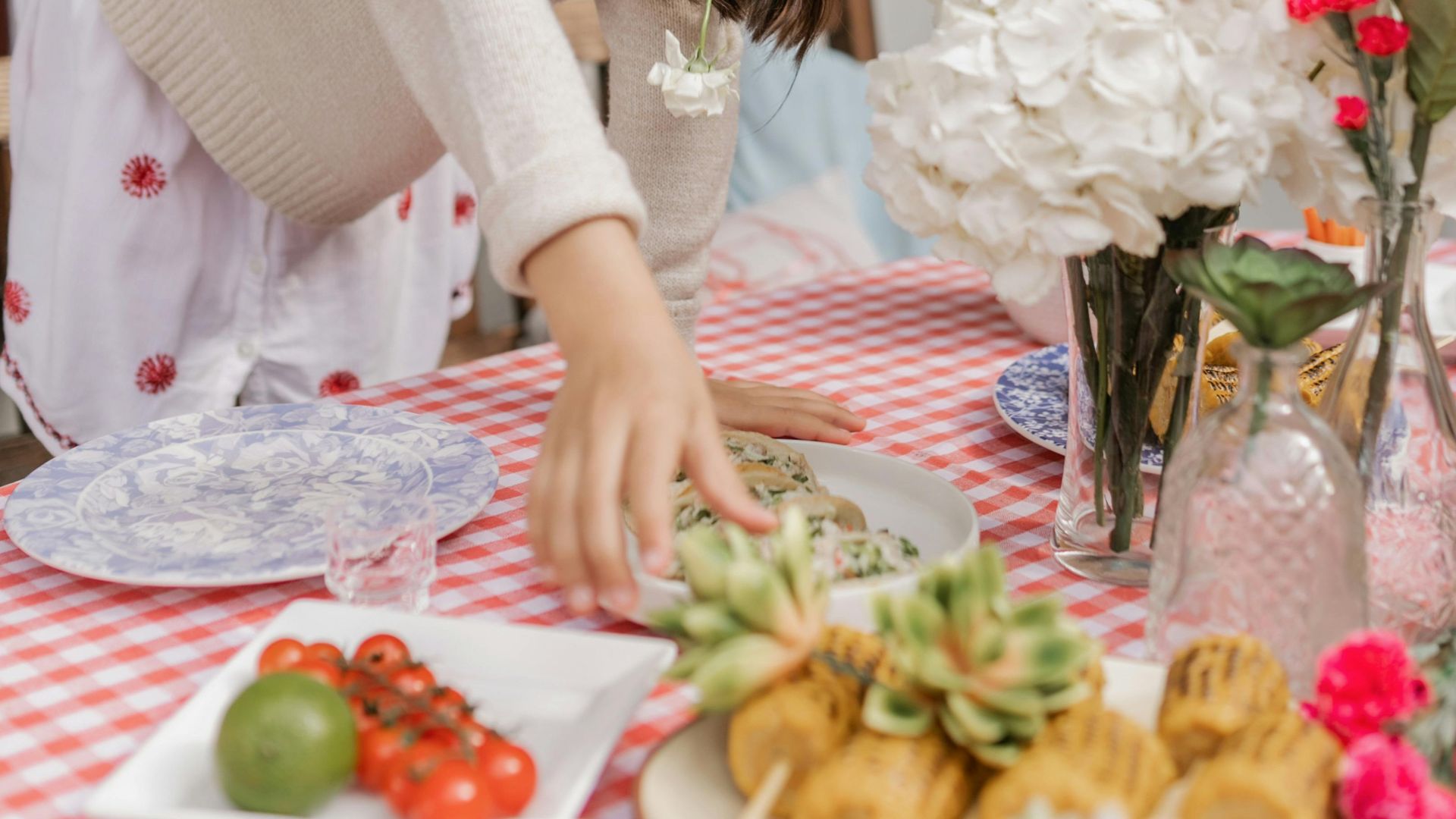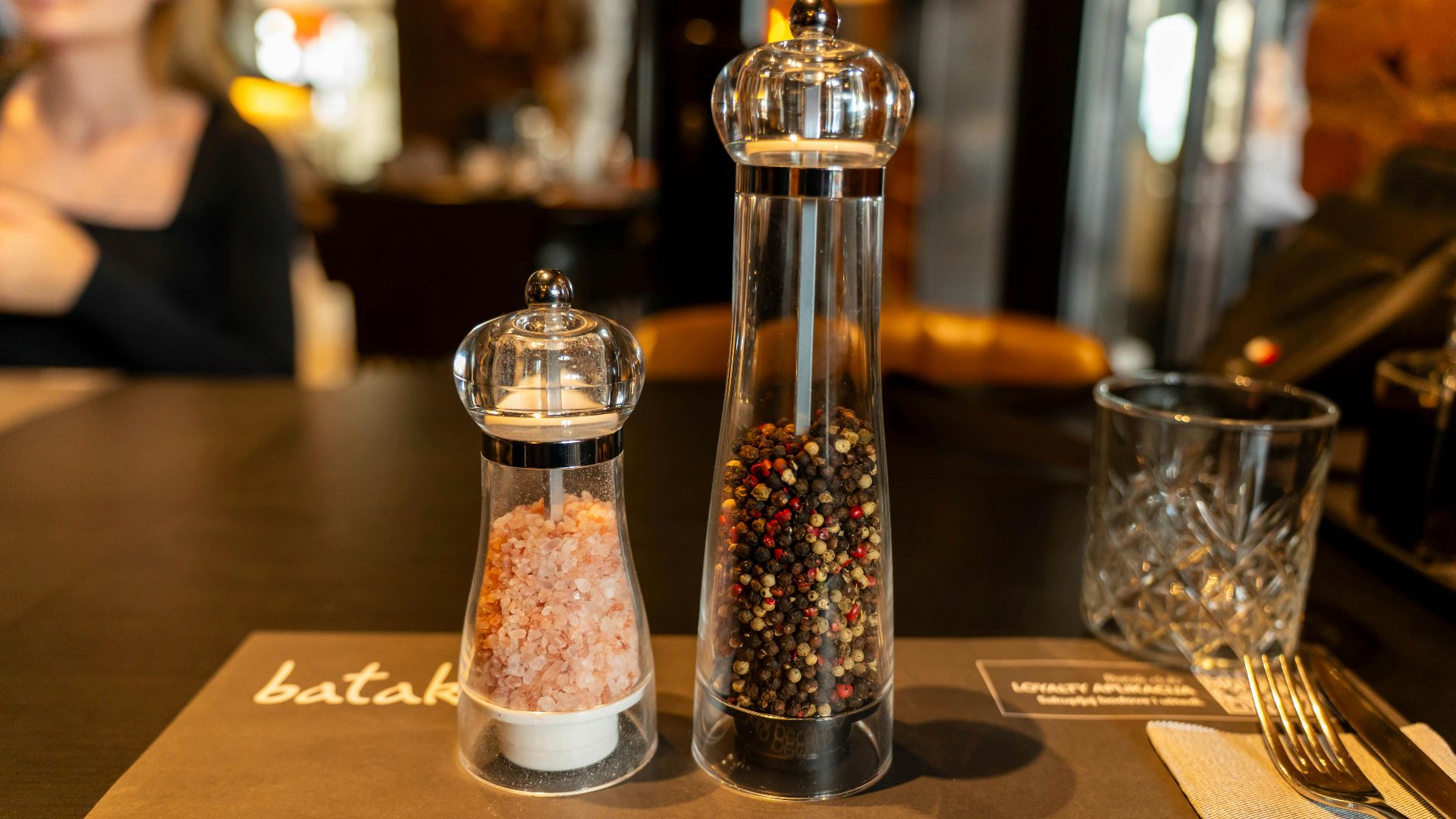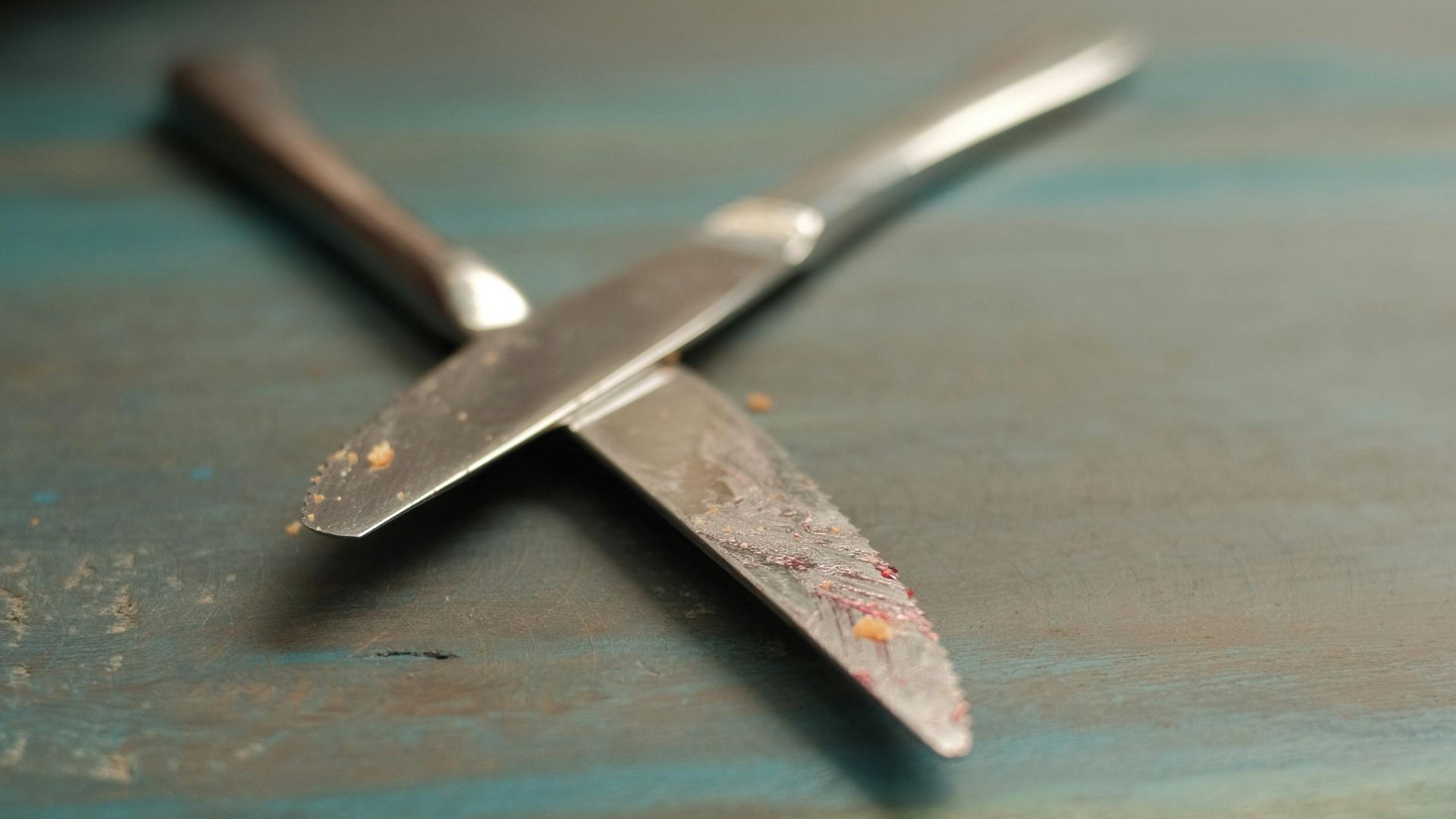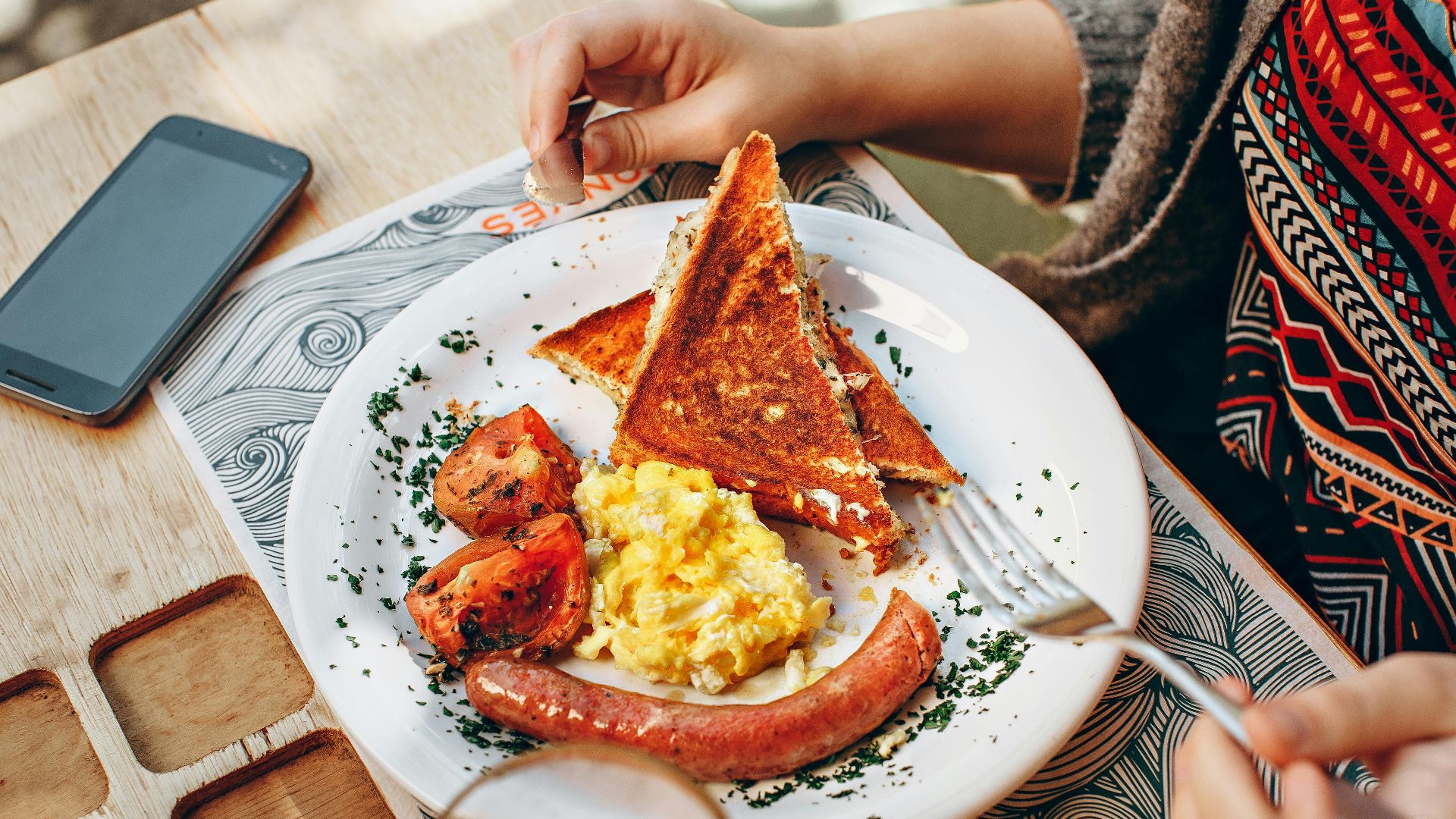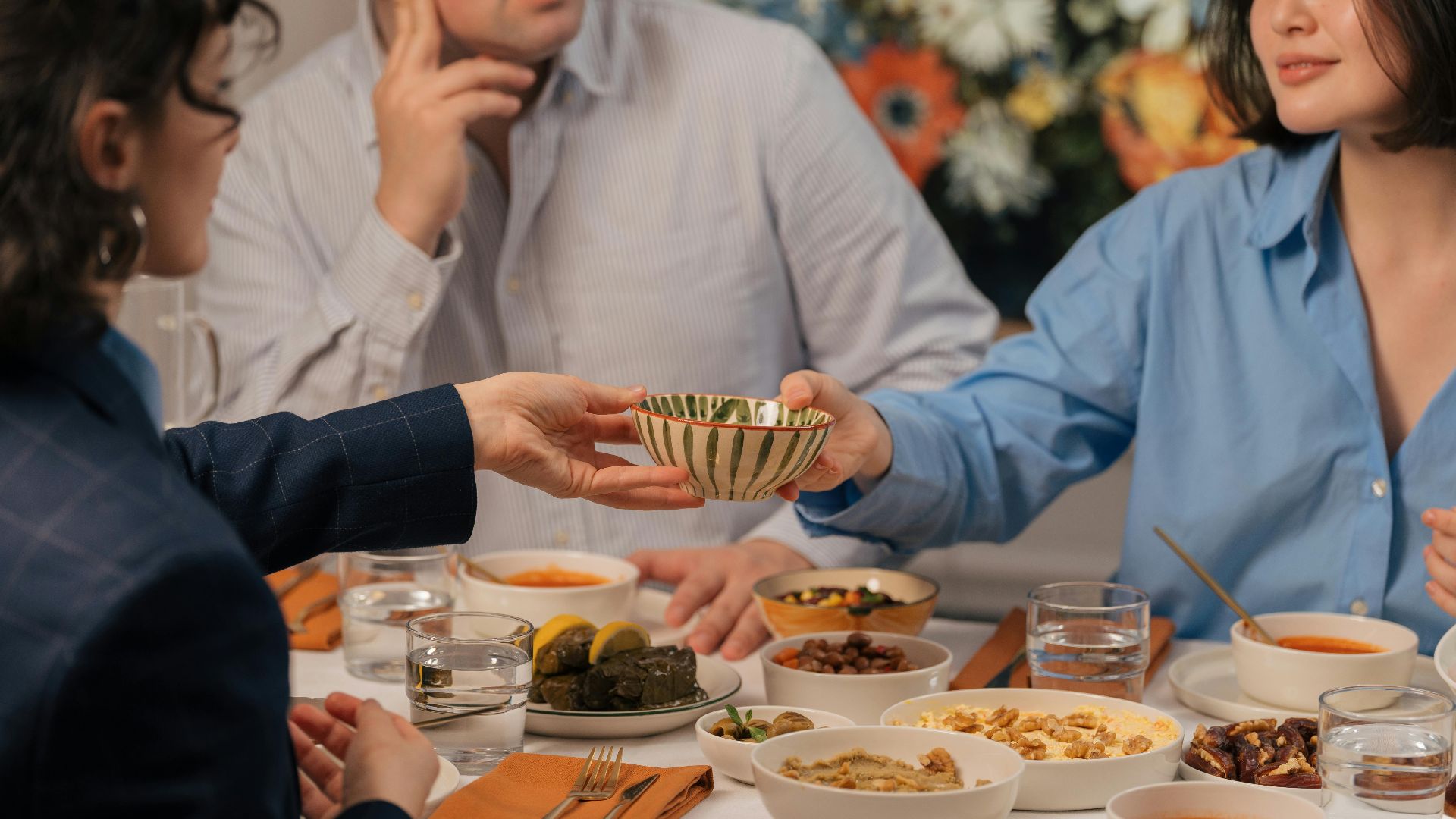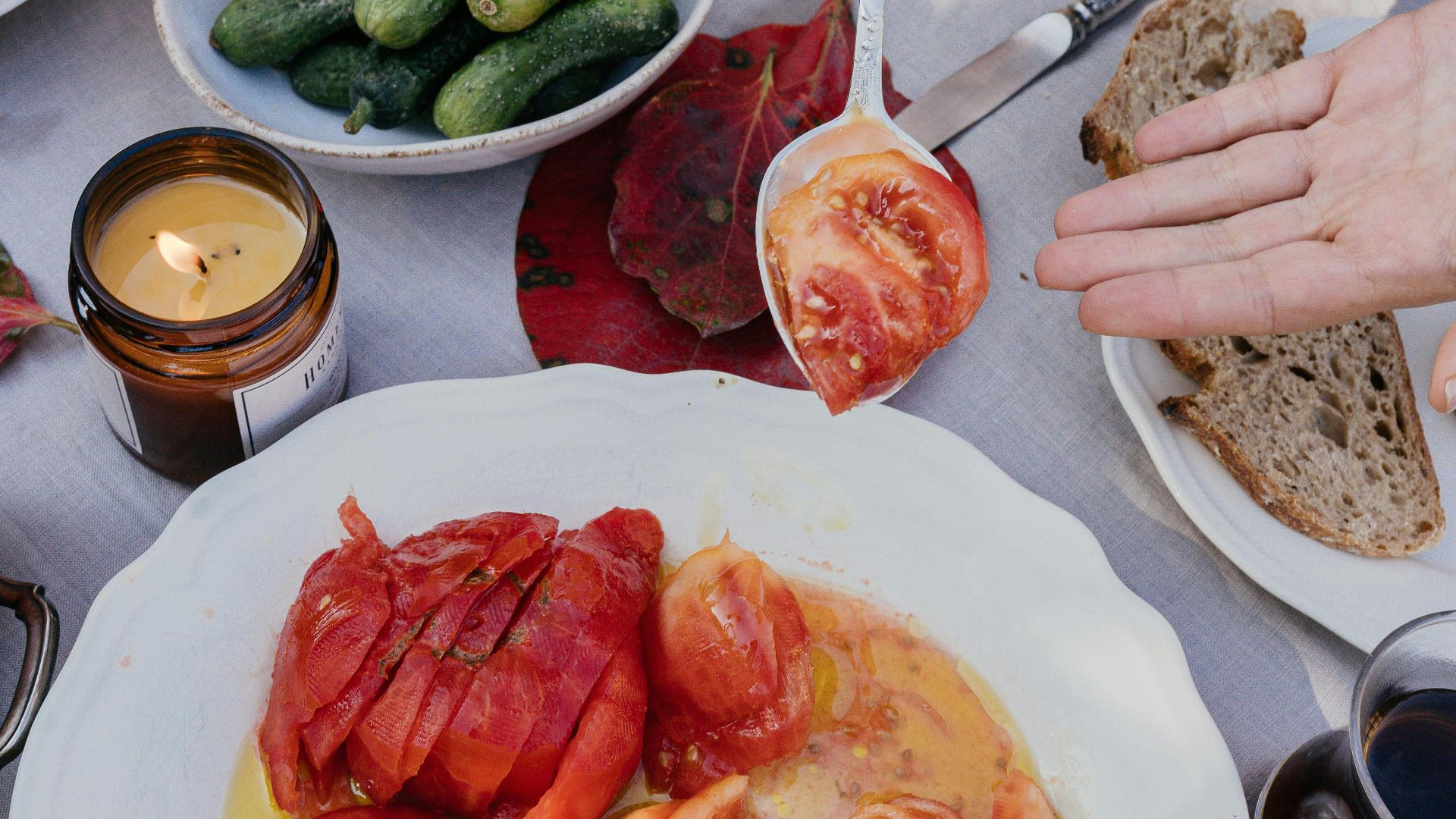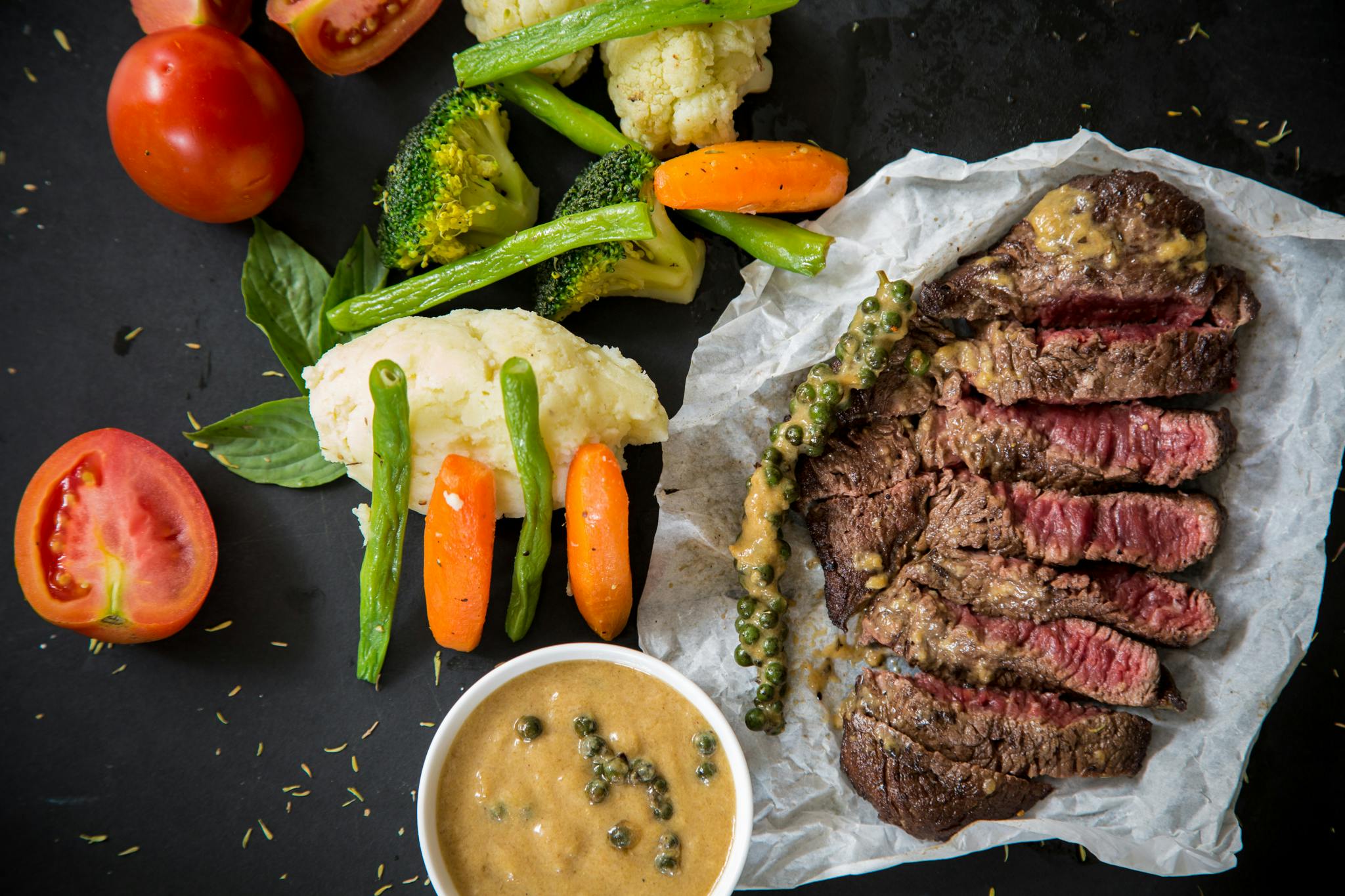10 Table Manners That Are Common Knowledge & 10 You Should Learn
Eating Habits That Stick Out
Dinner tables can be complicated. What feels normal in one setting might earn a few raised eyebrows elsewhere. Dining etiquette also varies quite a bit depending on time and place. In order to ensure that all of your bases are covered, here are 10 habits you probably already know—and 10 more that you should seriously consider adding to your repertoire.
1. Chew With Your Mouth Closed
Chomp with care. Nobody wants to witness the digestive preview of your meal. Keep your lips sealed and movements subtle. If others can see it, you're doing it wrong—maintaining good manners is always the way to go.
2. Don't Talk With Your Mouth Full
Mumbling through a mouthful of spaghetti is messy. Conversations at the table should wait until your bite is swallowed. Talking mid-chew risks food flying or being misunderstood. Friends might laugh, but coworkers or in-laws probably won’t. Chew, swallow, speak. That's the order.
3. Keep Your Elbows Off The Table
Elbows can take up valuable space and often appear sloppy. At formal meals or shared dining settings, keep your arms close to your body to avoid crowding others and maintain a tidy appearance. Save leaning on the table for more casual settings like coffee shops.
4. Use Utensils Properly
Forks aren't wands; wield them with intent. Know when to switch between American and Continental styles, and don't shovel like you're racing the clock. Watch how servers at fine restaurants handle cutlery. It's precise and graceful. Handling utensils well shows maturity, too.
5. Only Eat After Everyone Is Served
Patience at the table shows respect. Diving into your meal while others wait feels like opening presents before everyone else. At corporate dinners or even potlucks, pausing a moment sends a thoughtful message. Eating with others should be a shared experience.
6. Say Please And Thank You
Saying "please" and "thank you" costs nothing, but it goes a long way in showing respect. Simple words like these leave a big impact, whether you're asking for something or acknowledging a gesture. Kids learn quickly, so it's important for adults to model these basic acts of kindness.
7. Keep Your Napkin On Your Lap
Fold it once and let it rest gently. Don't tuck it into your collar unless you're six. A lap napkin protects your clothes and signals dining awareness. If you drop it, politely ask for another. It's your sidekick from soup to dessert, not a decoration.
8. Don't Reach Across The Table
Stretching for the butter like you're snagging a football? Big no. Always ask for items instead. Reaching disrupts the setting and invades personal space. Think of the table as shared real estate; respect invisible boundaries and practice patience. Your butter will come.
9. Avoid Making Loud Eating Noises
Silence is golden, especially at the table. Loud slurps or gulps distract others and ruin the mood. Some cultures welcome slurping noodles, but not in most Western settings. To be remembered for your taste, not your noise, keep your bites quiet.
10. Excuse Yourself Before Leaving The Table
Standing up without a word is a social stumble. Always excuse yourself before leaving, whether for a quick call or a restroom break. At formal dinners, it signals class; at casual meals, it avoids awkward glances. "Excuse me" keeps the flow and dignity intact.
So, you've got the basics down—nice work. But what about the ones that slip under the radar? Let's get into the manners that aren't always taught but definitely get noticed.
1. Make Eye Contact When Toasting
Raise your glass and meet their gaze—cheers! In many cultures, like Germany and France, skipping eye contact during a toast is frowned upon. It shows confidence and sincerity. Don't just clink and look away. Lock eyes briefly and smile. That's the etiquette of celebration.
2. Pass Salt And Pepper Together
This rule is more common in Western cultures. If only one is requested, both travel as a pair. This tradition isn't random—it stems from etiquette systems that treat them as a unit. Splitting them confuses some diners. Next time someone says, "Pass the salt," don't forget its lifelong companion.
3. Avoid Criticizing
Refrain from criticizing the food or the host, as it can cause discomfort. Even if the dish doesn’t suit your taste, focus on something you can compliment. A considerate guest shows appreciation and keeps any negative thoughts to themselves. Politeness matters.
4. Position Your Utensils Properly When Finished
Crossed cutlery means you're still eating. Placing utensils together, angled at 4 o'clock, signals you're done. This nonverbal cue helps waitstaff avoid interruptions and shows polished manners. However, different countries use different codes. For example, Europe favors parallel placement.
5. Don't Use Your Phone At The Table
Phones don’t belong between forks and glasses. Checking messages during a meal shows your disinterest in those around you. In both family dinners and client lunches, presence matters. Silence your device and put it away. Tune in, and you might actually enjoy the moment.
6. Offer To Share Or Pass Food Politely
Generosity goes a long way. At shared meals, offer dishes to your left before serving yourself. Don't just grab and hoard; a polite "Would you like some?" builds rapport. No matter the food, graciously passing food keeps the table balanced.
7. Use Serving Utensils For Communal Dishes
Double-dipping isn't just a party foul but a fast track to germ sharing. Always use serving spoons or tongs for group dishes. Don't jab personal forks into shared platters. Even at casual buffets, hygienic habits count. Respect the food and others.
8. Maintain Appropriate Conversation At The Table
Avoid turning dinner into a debate stage. Politics or money talk can spoil appetites. Mealtime conversations should uplift, not polarize. Keep it light—ask about favorite meals or fun memories. The goal should be to create a welcoming atmosphere that leaves everyone smiling.
9. Respect Dietary Restrictions Or Preferences Of Others
Allergies or personal choices—these aren't yours to question. Mocking someone's gluten-free dish or vegan plate reflects poor form. Always offer inclusive options when hosting. If you're a guest, avoid side comments. Respect on the plate translates to respect at the table.
10. Pace Your Eating With The Group
Eating too fast or too slow disrupts the natural flow of a meal and can make others feel uncomfortable. Keeping your pace in sync with those around you helps maintain the social rhythm. At formal banquets or business lunches, this subtle alignment fosters smooth conversation.








